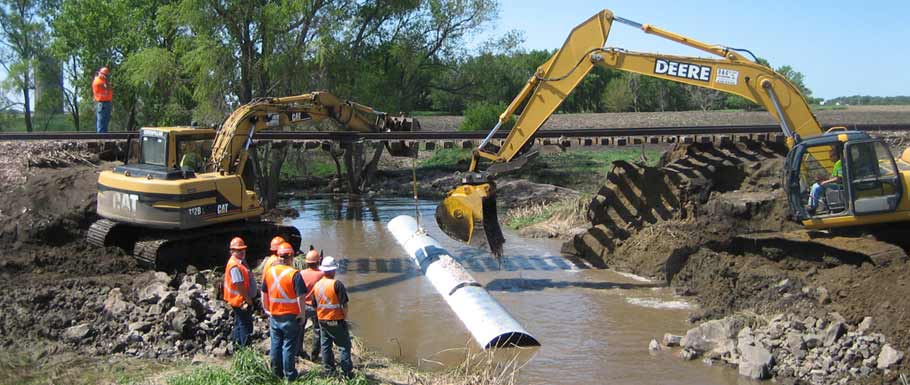The Role Of Civil Engineering In Water Resources Management

What is Civil Engineering? It's one of the oldest engineering disciplines and involves the design, construction, and maintenance of the built environment. Civil engineers are responsible for the infrastructure that we use every day, such as roads, bridges, buildings, water supply systems, and airports. With so many fields of civil engineering to choose from, it can be hard to know which area to specialize in. In this post, we'll explore some of the most popular fields of civil engineering.
Fields of Civil Engineering
Structural Engineering
Structural engineering is a field of civil engineering devoted to the design and analysis of structures, such as buildings, bridges, and towers. Structural engineers ensure that structures are safe, stable, and able to resist external forces such as wind, earthquakes, and heavy loads. This field is essential to modern construction and is highly affected by advances in technology and materials.
Environmental Engineering
Environmental engineering is a field of civil engineering concerned with the natural environment and its processes. Environmental engineers use principles of biology, chemistry, and physics to design systems that protect the environment and human health. They work on projects such as waste management, pollution control, and air and water quality management.
Geotechnical Engineering
Geotechnical engineering is a field of civil engineering concerned with the behavior of soil and rock. Geotechnical engineers analyze soil and rock properties to design foundations, slopes, and retaining walls for buildings and other structures. This field is critical for creating a safe and stable foundation for any new construction project.
Transportation Engineering
Transportation engineering is a field of civil engineering focused on the design and operation of transportation systems. Transportation engineers plan, design, and implement systems that improve mobility, safety, and efficiency. This field includes work on highways, railways, airports, and ports.
Water Resources Engineering
Water resources engineering is a field of civil engineering devoted to managing water resources such as rivers, lakes, and groundwater. Water resources engineers design and operate systems for water supply, irrigation, flood control, and wastewater treatment. This field is critical for ensuring access to clean water and managing the effects of climate change.
FAQs
What is the difference between civil engineering and architecture?
Architecture is the art and science of designing buildings and other structures. Architects focus on the aesthetics and functionality of a space instead of the technical aspects of construction. Civil engineers are responsible for planning, designing, and supervising the construction of buildings and infrastructure projects. They focus on the technical aspects of construction and ensure structures are safe and sustainable.
What are the education requirements for becoming a civil engineer?
Most civil engineering positions require a Bachelor's degree in civil engineering or a related field. Many universities offer Master's and PhD programs in civil engineering as well. Licensure is required for most civil engineering jobs and involves passing the Fundamentals of Engineering (FE) exam and the Professional Engineering (PE) exam.
What skills are necessary for a career in civil engineering?
Civil engineers need to have strong problem-solving skills, critical thinking skills, and the ability to work in a team. They also need to be proficient in computer-aided design (CAD) software, project management software, and other technical tools.
What is the job outlook for civil engineers?
The job outlook for civil engineers is strong, with a projected job growth of 6% from 2018-2028. As infrastructure ages and populations grow, the demand for civil engineers will continue to increase. However, the field can be competitive, and gaining work experience through internships and co-op programs is essential for a successful career.
What is the average salary for a civil engineer?
According to the US Bureau of Labor Statistics, the median annual wage for civil engineers was $87,060 in May 2019. However, salaries can vary depending on the engineer's level of education, experience, and specific field of work.
Conclusion
Civil engineering is a vast field with many opportunities for specialization. Whether you're interested in building bridges, designing water supply systems, or managing transportation infrastructure, there's a field of civil engineering that's perfect for you. With a strong job outlook and competitive salaries, civil engineering is a great career choice for anyone interested in science, technology, engineering, and math (STEM) fields.


Post a Comment for "The Role Of Civil Engineering In Water Resources Management"